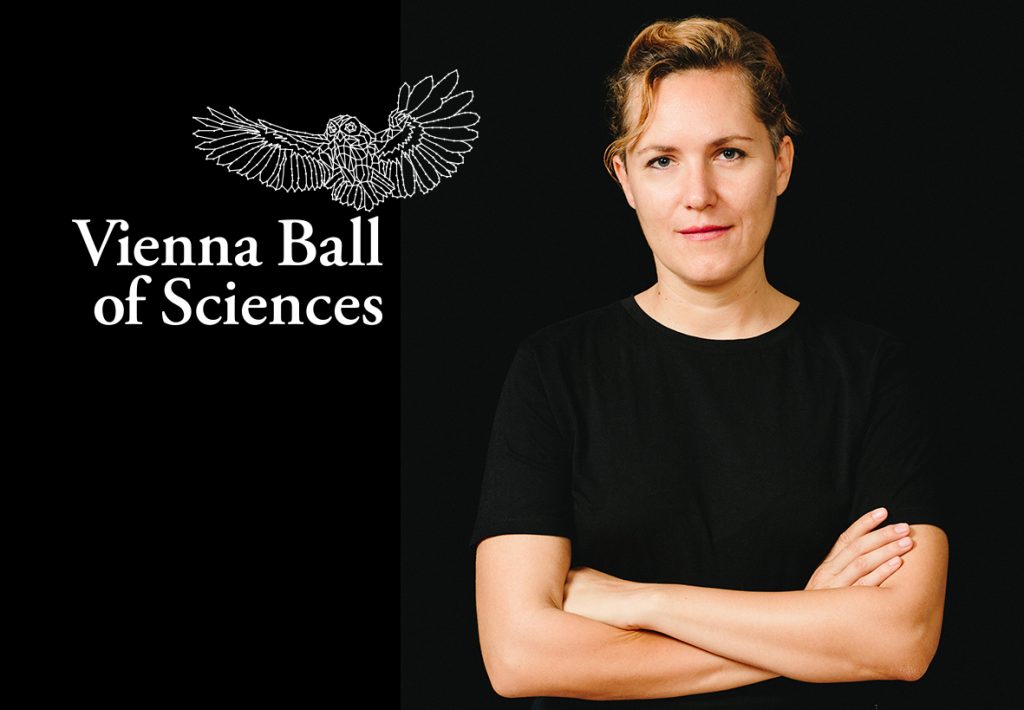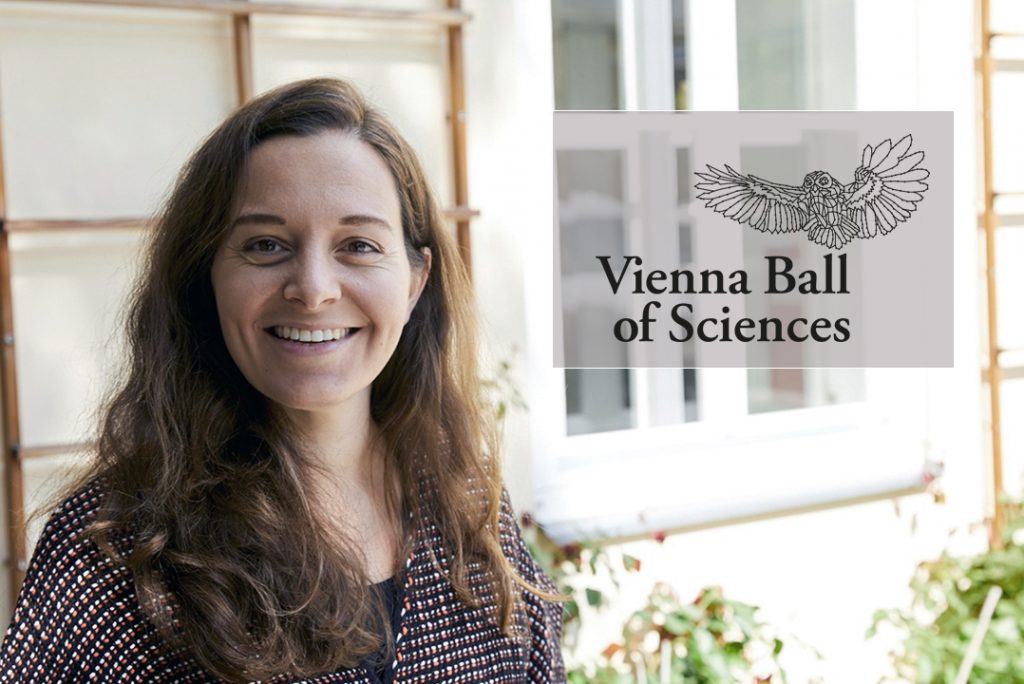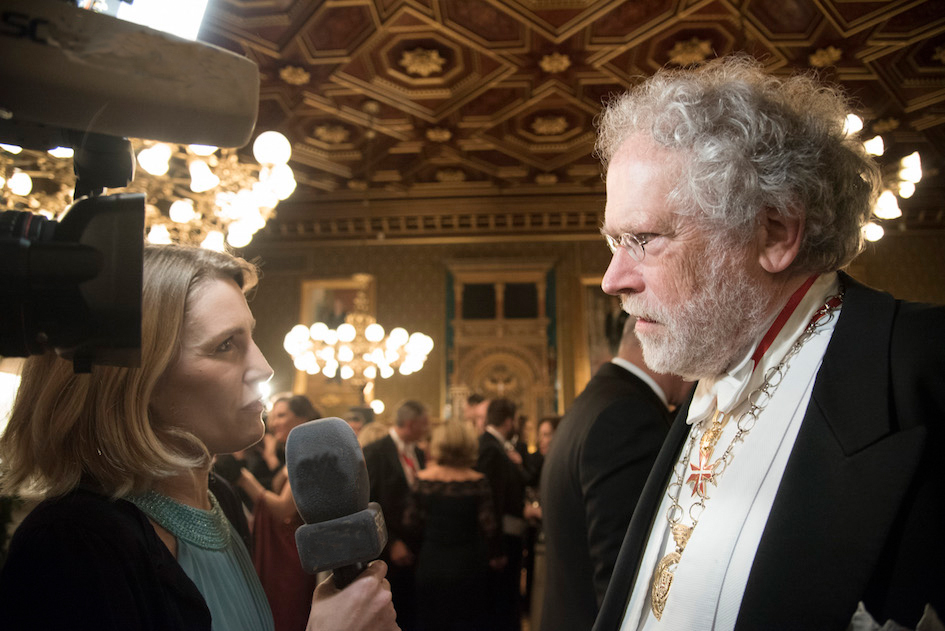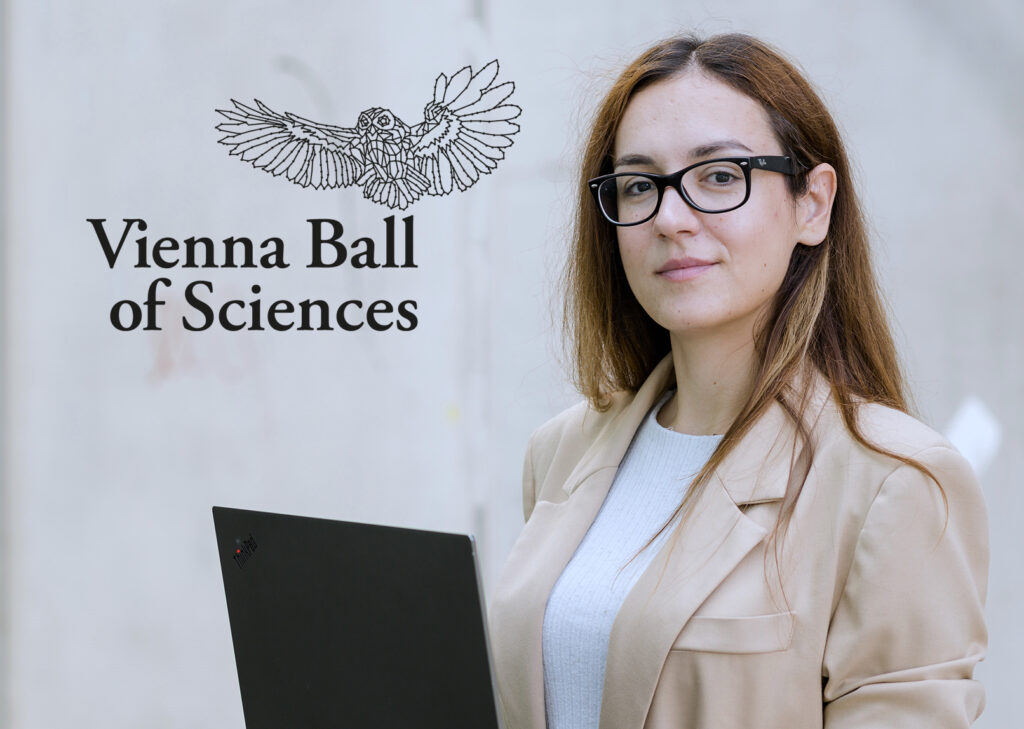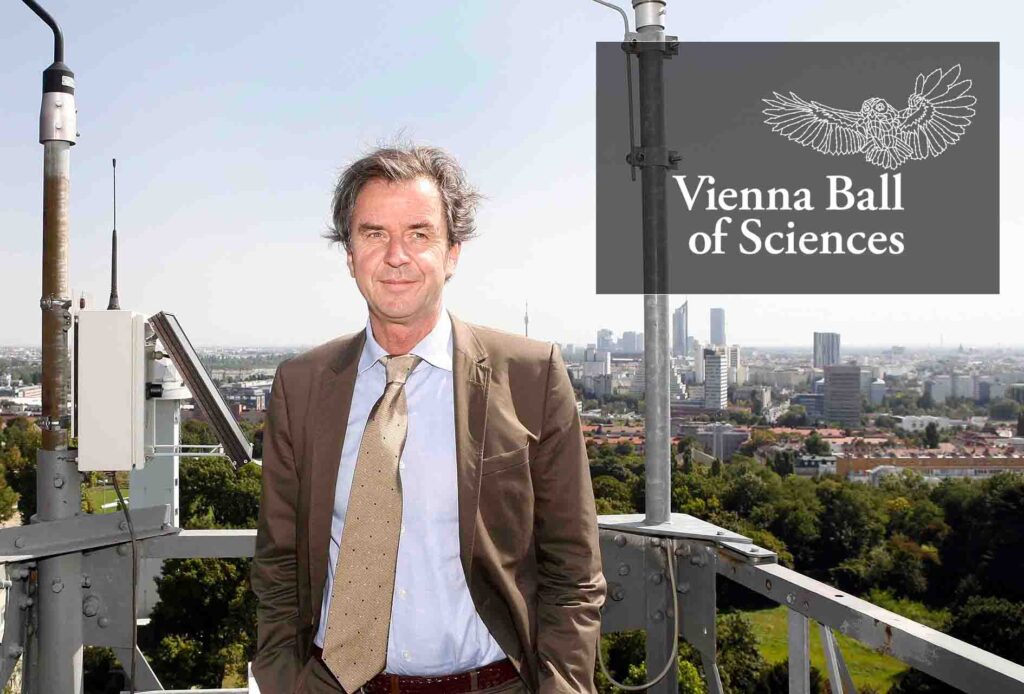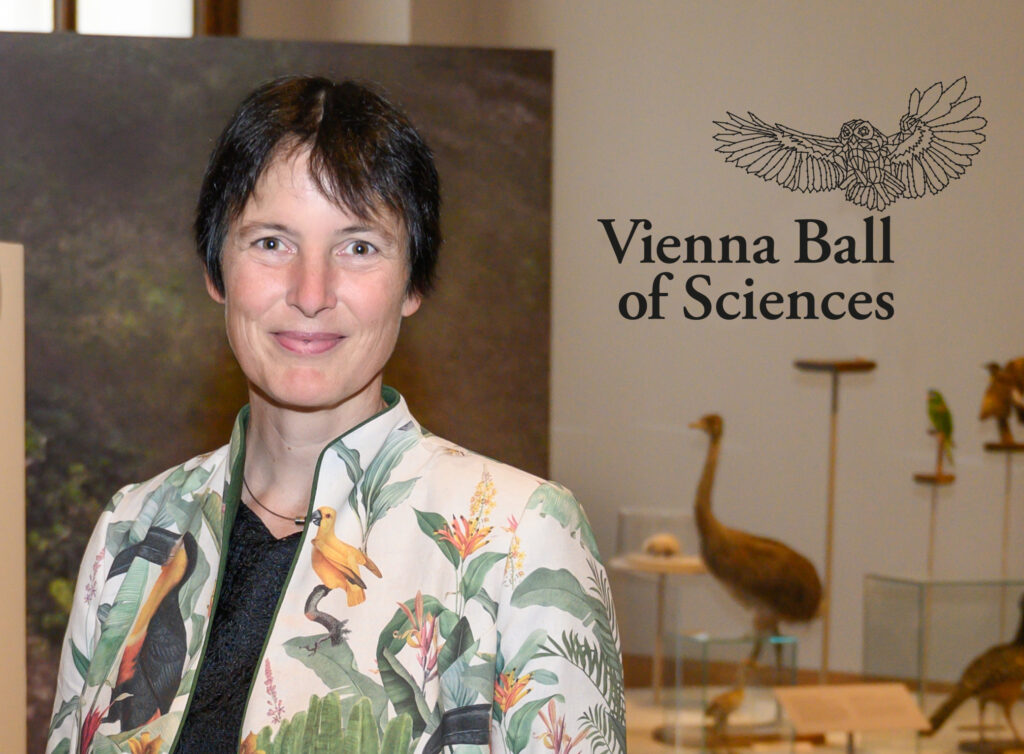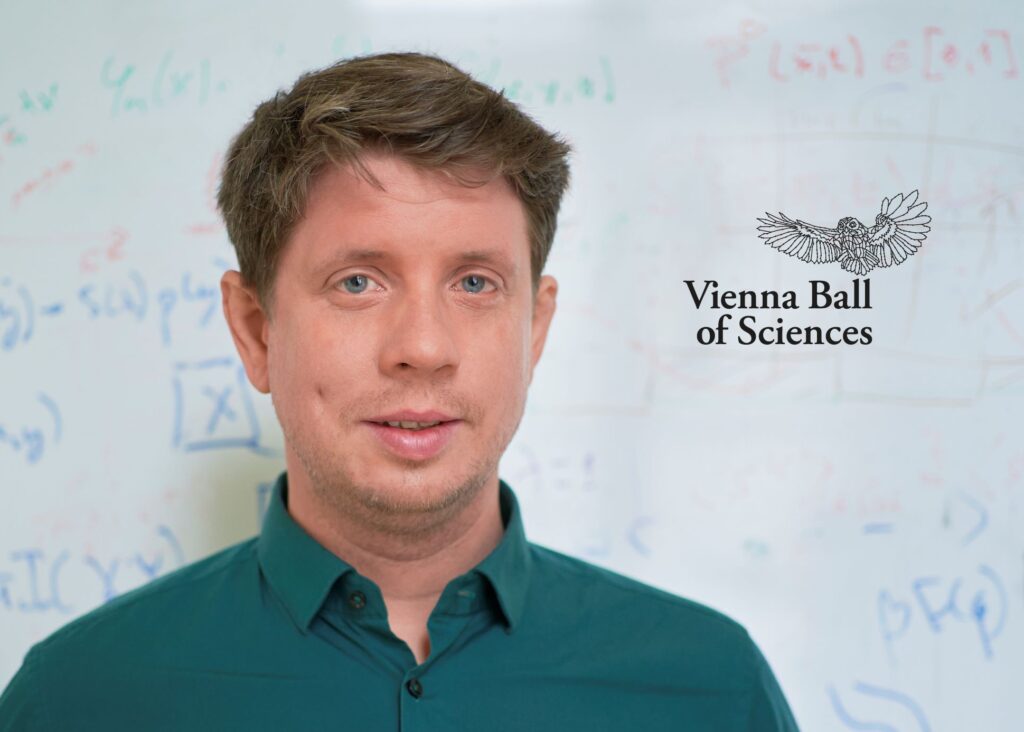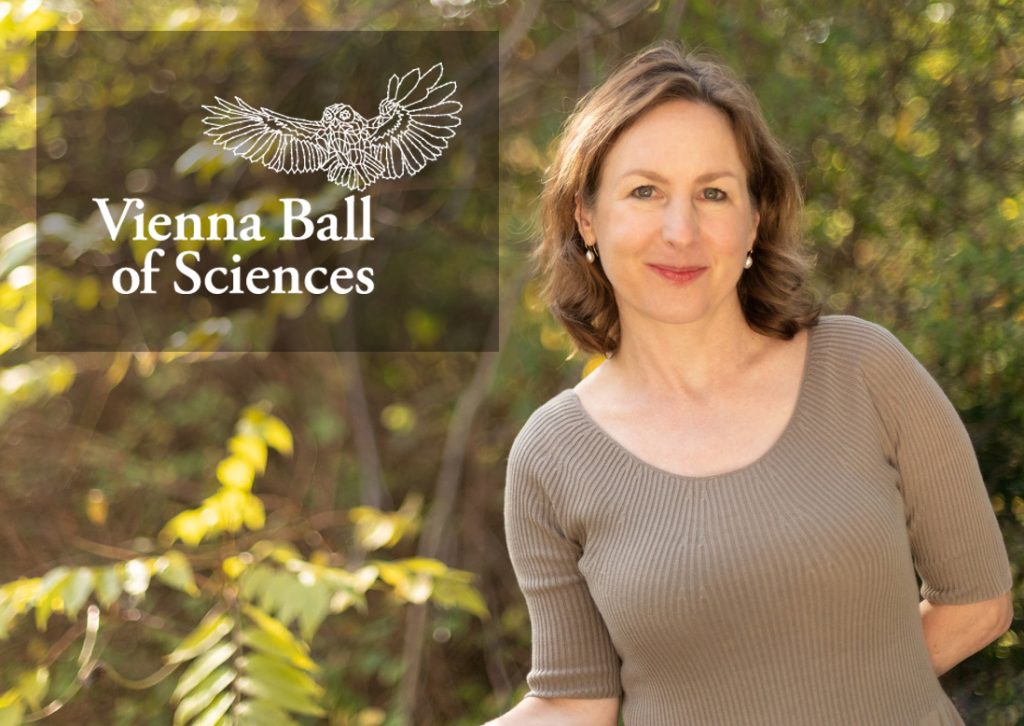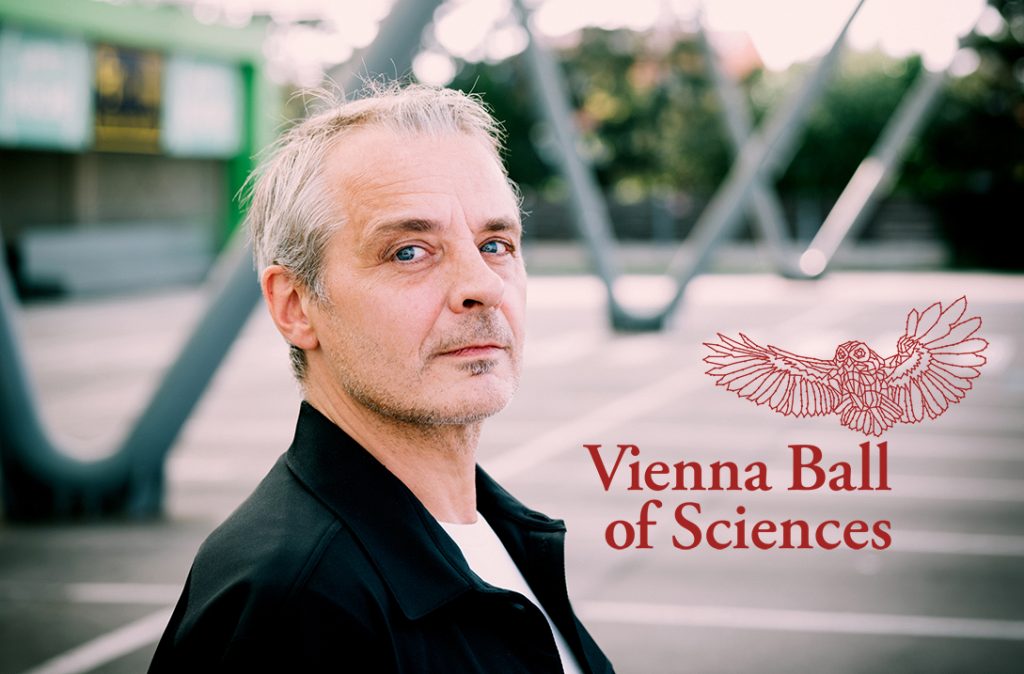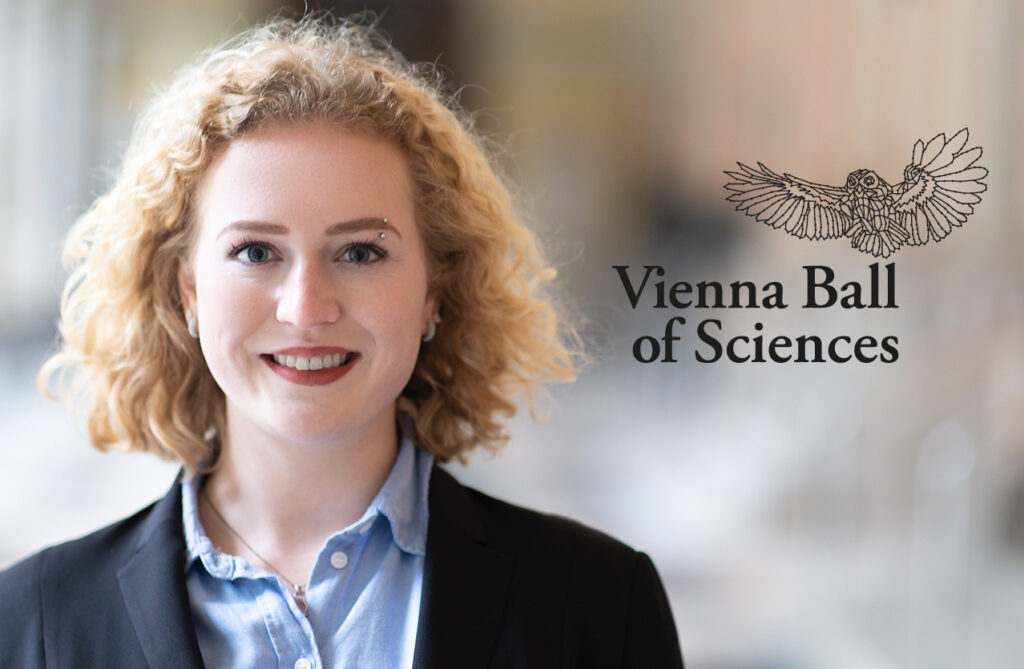
“We students are delighted that after difficult years of pandemic-related break, the Vienna Ball of Sciences can finally take place again. Especially in times like these, the Science Ball has an even more fundamental role than in previous years. While the status of universities and students is currently being renegotiated politically, anti-scientific attacks and tendencies are on the rise at the same time.
So when, if not now, is it fitting and necessary to dedicate an evening of joy, celebration, and affirmation to science? Let’s celebrate science together – to vigorously defend its freedom and importance today as well as tomorrow.”
Keya Baier is the chairwoman of the federal representation of the Austrian National Union of Students (ÖH). She studies political science and economics at the University of Vienna and ran as the top candidate for the Greens and Alternative Students in the 2021 election. Before, she was chairwoman of the ÖH at the University of Salzburg.
